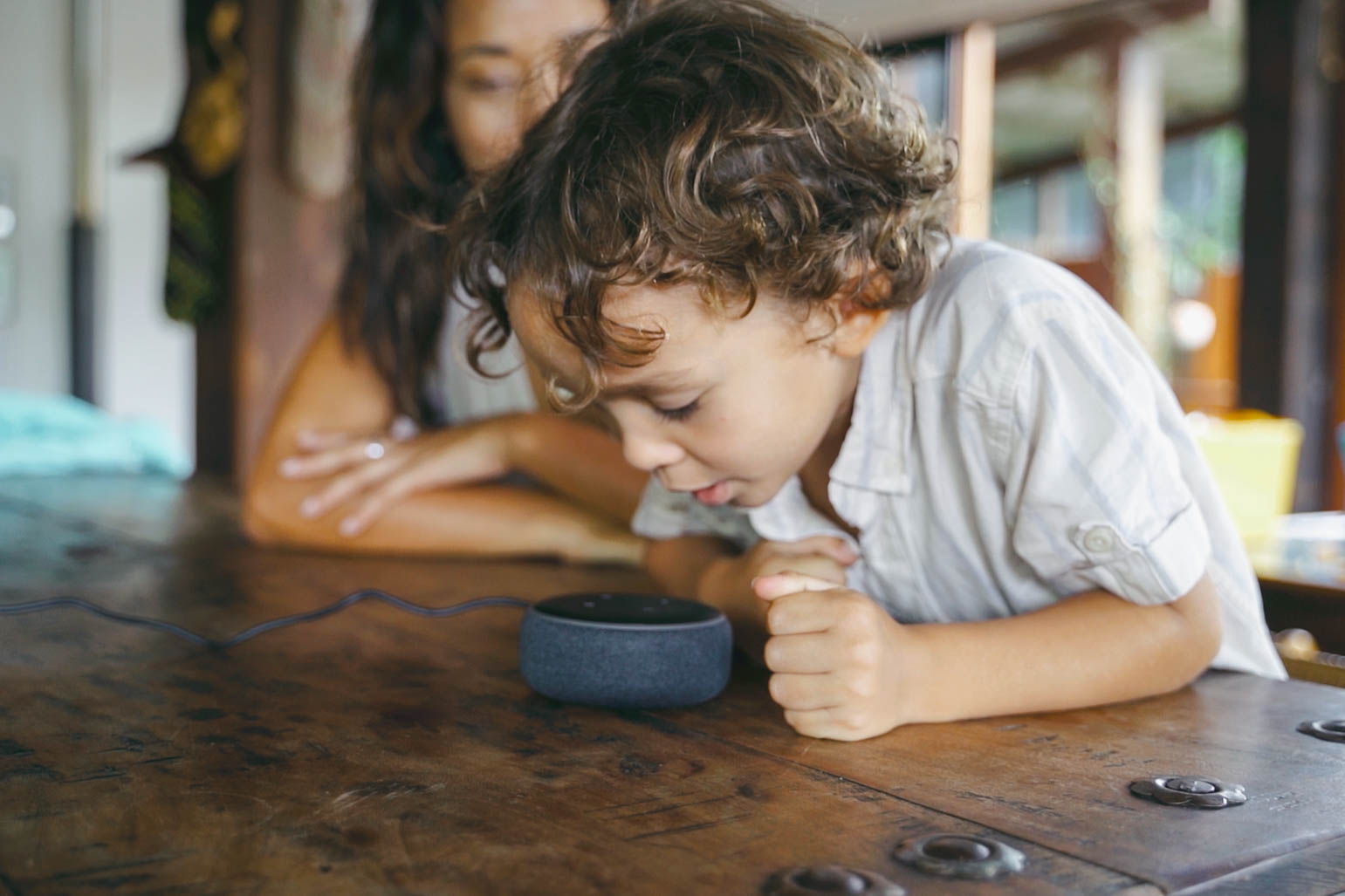For most of us, mornings with kids can be chaotic, disorganised and often challenging. As we pull up to school to drop off, we find ourselves attempting to cram in all of the positive affirmations to fill their emotional cups, knowing full well that morning parent just got frustrated and flustered again. As we race off to our next task for the day, we start thinking about what mornings could look like. Surely other people must be finding this easier than I am, otherwise why aren’t there more parents in their PJs in the drop off zone?
Then we get that brief moment in time to engage with other parents and suddenly you get to feel a sense of solidarity in that no-one else gets it right 100% of the time either. Nevertheless, you’re committed to try to increase your percentage and promise your future self that you will put some strategies in place.
In talking to other parents, you hear familiar themes and some new ones that you hadn’t even considered. You start to take notes.
➞ “My child will NOT get out of bed.”
Getting kids out of bed in the morning can be a huge struggle. Some kids continuously resist waking up, no matter what time they go to bed, how little screen time they are given, what we say and how often we say it. Somehow, on school or childcare days, they just want to stay in bed as long as possible. This usually leads to delays in getting the whole family to where they need to be on time.
➞ “My child is like a slug in the mornings!”
Like adults, children can wake up on the wrong side of the bed and appear groggy and sluggish. This physical state is usually partnered with complaints about how they are sooo tired and cannot focus on any task. Some kids may take longer periods of time to fully wake up, making it difficult to get them up and dressed with clean faces, brushed hair and teeth, and full bellies before the school bell rings. Morning routines can be time-consuming and lead to potential delays in leaving the house on time.
➞ “I can’t get my children to eat in the mornings.”
A really common concern. It’s important to note that some of us adults are not great at eating breakfast either. Encouraging children to eat a nutritious breakfast can be a struggle for many parents. They may be ‘picky eaters’, disinterested or simply want to skip breakfast altogether.
➞ “My kid’s emotions are huge in the mornings.”
Mornings can be overwhelming for children with too many things to do and too little time, not to mention all of the sensory input and demands crammed in before drop off. Some kids experience frustration, fatigue or other emotions that can result in challenging behaviours.
➞ “My child is so disorganised.”
If I had a dollar for every time I’d heard this said…! Somehow, children have the innate ability to misplace items like shoes, socks, school uniforms, assignments or backpacks. They’ll state that they have done all of their jobs, only to be missing a shoe or needing to fill a drink bottle just as you’re about to leave the house. The frustration builds as this also happened yesterday and before we know it, the home and then car is filled with chaos and stress.
➞ “My child hates getting dressed!”
Some children may resist getting dressed due to a preference for certain clothes, discomfort with specific fabrics, or a desire to assert their independence by choosing their own outfits.
➞ “I have to remind my child 100 times what to do in the mornings.”
Balancing multiple tasks and responsibilities in the morning, such as preparing breakfast, packing lunches, and getting everyone ready, can be overwhelming for parents. We need our children to be a part of morning routines as it is too much on parents to ensure everything is done on time.
➞ “My kids fight over anything and everything.”
If multiple children are in the household, disagreements and conflicts between siblings can arise. Somehow, (even though we actually know why!) children always manage to save their arguments for times when we are on the clock.
➞ “I’m so sick of nagging.”
We have saved this one for last because feeling like a nagging parent is absolutely horrible! The need to stick to a schedule and get everyone ready on time can create a sense of pressure and frustration. This can result in increased stress levels for both parents and children. Starting your work day feeling like you have spent the last 2 hours nagging your kids and need to meditate or be in a quiet room away from civilisation for at least 15-20 minutes, is not ideal!
Should I move to a desert island or do you have a solution for me?
No magic solutions, sorry! But by sharing this list and identifying and acknowledging these common challenges, we can come together to problem solve and find strategies that might help to make morning routines smoother and the start of the day calmer and more organised at your house.
Where to start with establishing a successful morning routine?
Things might need a bit of a shake up and you will face challenges. Let’s discuss some tips for a little more organisation, a touch of structure and a sprinkle of fun to make for a more successful morning routine. Here are 10 tips for supporting the morning routine:
- Aim for consistent wake up times. Waking up at the same time each day can help regulate your child’s sleep-wake cycle and ensure they are well rested. Consider waking up a little earlier than your children to have some quiet time for yourself. Whether you enjoy a hot coffee in peace or like to watch 5 minutes of the morning news, this time can help you mentally prepare for the day and give you a chance to tackle any tasks or responsibilities before the children wake up.
- Be as prepared as possible as this can save time in the morning. Children learn new skills best by what they see us doing, taking time to organise ourselves first helps model the behaviours we want to see from them. Lay out clothes the night before, pack lunches and ensure backpacks and essential items are ready and easily accessible. This minimises the chances of morning chaos and allows for a smoother start.
- Empower children by offering them control over the things you can that directly affect them. For instance, let them choose between two breakfast options or decide which colour t-shirt to wear. This gives them a sense of autonomy and can reduce resistance.
- Make time for breakfast and offer ‘real’ foods. Breakfast is an important meal for many and can give children the energy they need to start their day. Consider offering breakfast options that include protein, whole grains, and/or fruits or vegetables. Some children will engage more with role models eating this meal together.
- Keep the routine of getting dressed in the morning consistent. Even if you are having a day at home lazing around, encouraging children to get dressed can “freshen them up” and help them feel more alert and ready to tackle the day.
- Again, even if you aren’t leaving the house, aim to keep routines consistent and have your children brush their teeth and hair each morning.
- Create a morning routine and ‘to do’ list together. Involving children in developing routines can help them to identify their boundaries. This can help them feel organised and prepared for the day ahead. It also provides the opportunity for kids to raise why something may not be working for them but at a time when you actually have time to do something about it.
Display the routine in a space children can easily access, like the fridge or pantry. Many children benefit from visuals, so consider photos or graphics accompanying the written instructions. Morning routine charts or checklists can help younger children follow the routine independently. This promotes independence and reduces the need for constant reminders.
- Foster independence by assigning age-appropriate tasks to your children. For example, they can pick out their clothes, make their beds, or help prepare breakfast. Encouraging independence eases your workload and instils a sense of responsibility in children.
- Play some family favourite tunes or use upbeat music to create a morning playlist that helps set a positive tone for the day. Playing music can boost everyone’s mood and motivate children to get moving and ready for the day.
- Focus on connection, stay calm and discuss the importance of being on time and cooperating to make the morning routine smoother. Use positive and encouraging language to reinforce these expectations. Your positive and organised approach will help set the tone for the morning and make it easier for everyone to navigate the routine.
Final Thoughts
Remember to try and have some fun. It can very easily begin to feel like Groundhog Day as a parent and life’s too short for that! Try to spend a few minutes each morning talking to your child, doing a fun activity together, sharing a favourite song or having a nice chat. This can help strengthen your bond and set a positive tone for the day. The truth is, sometimes we just have to start again when things aren’t going to plan – for everyone’s sake!







